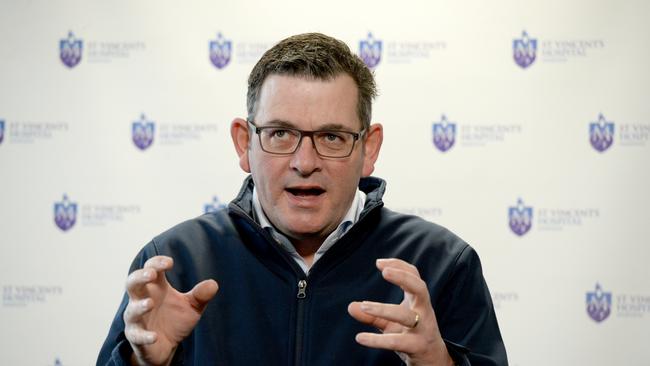Sadly, we need a truth disclosing force because we have entered an era where public servants, politicians and those in the private sector are embracing the habit of making misleading or untrue statements.
In recent times, misleading information has emerged via the Uluru statement summary which we discover is very different from the actual statement; renewable energy cost concealment, PwC, and so on.
Accordingly, the proposed outlawing of ‘misinformation’ and ‘disinformation’ on social media looks reasonable.
But we already have a form of so-called ‘fact checking’ operating on Facebook and other parts of social media, and its performance is sending out alert signals that apply to the proposed legislation.
I emphasise that I have not conducted detailed research into the outcomes of the current ‘fact checking’ exercise, but an incident hit my desk where I was familiar with the actual facts and the so-called ‘fact checking’ looked dangerously like an exercise in political correctness.
If fact checking becomes opinion vetting then we will experience a very serious curb on public opinion via social media as ‘fact checking’ becomes a form of ‘thought police’ designed to stifle views that the government does not like or that are ‘politically incorrect’.
For example, on social media, both the ‘yes’ and the ‘no’ campaigns will be very active and presenting two entirely different set of facts.
A fully operational ‘thought police’ on social media might block opinions based on the full Uluru statement or even blocking the full statement itself, given it has been so damaging to the government supported ‘yes’ case.
My long-term readers will remember the coverage of the case brought against WorkSafe Victoria by Independent Contractors of Australia, which had asked WorkSafe to investigate 27 individuals and entities – including Victoria’s premier, former ministers, the chief health officer and the health department – for alleged breaches of the Occupational Health and Safety that allegedly led to the deaths of 801 people.

The case came before the Supreme Court and the hearings lasted almost the entire 2022.
In December, the Victorian court rejected the cases against the defendants, partly on the basis that early in the hearings, a particular document was lodged later than the court claimed it should have been. The decision was handed down just after the state election returned the Andrews government.
The declaration on timing was legally very controversial because it meant that issues raised by the case were not addressed, and had the opinion been reached early in the case, expensive legal bills would have been avoided.
The judge declared that if Independent Contractors of Australia “is not granted an extension of time, the individuals … will be freed from the not insignificant stress of potentially being subjected to prosecution for serious criminal offences which may carry lengthy terms of imprisonment”.
He added that the 20 individuals “may suffer considerable prejudice” if Independent Contractors of Australia are granted an extension of time.
Australia has WorkSafe laws that carry lengthy jail terms if the courts find there has been a breach of the act.
Although stress was not the reason why the case failed, the fact that a judge declared that in a WorkSafe case the stress of the people being sued was an issue, opens a whole new set of legal issues that may be used to block cases that carry large penalties and stress for those on trial.
On Facebook, a long debate was posted that canvassed the multitude of issues being debated. It was about opinions on the issues raised by judgement. The so-called fact-checkers shifted the opinion entry to the fact-checking section of Facebook, and then superimposed an introduction before the link.
Given this was a discussion about legal opinions, for it to be declared the subject of a fact check on political issues sets a dangerous precedent. Then to make matters worse, the so called ‘factual’ introduction contained statements that were factually incorrect, but were politically correct.
And what is of further concern is that AAP Factcheck that undertook the manoeuvre is a reputable organisation. Australian Associated Press aims to be an independent, nonpartisan Australian not-for-profit organisation.
Again it is unfair to reach conclusions on one example, but non-profit organisations need income to pay salaries and while this may simply be a mistake of judgement, it is a warning that when a fact checking organisation becomes involved in opinions, a 1984-style ‘thought police’ can emerge.






Prepare yourself for the danger of an Australian 1984-style ‘thought police’ masquerading as ‘truth police’.